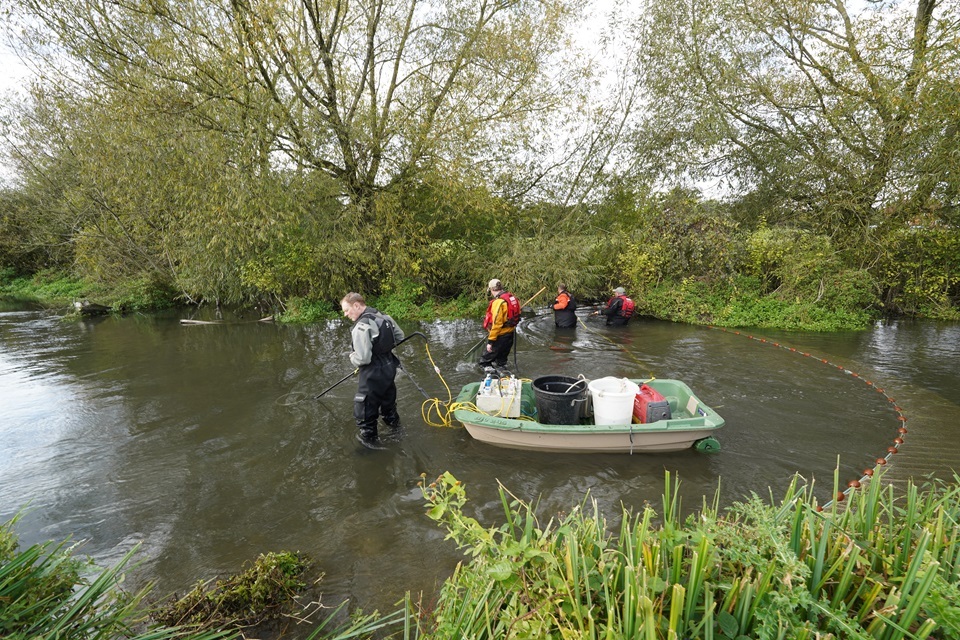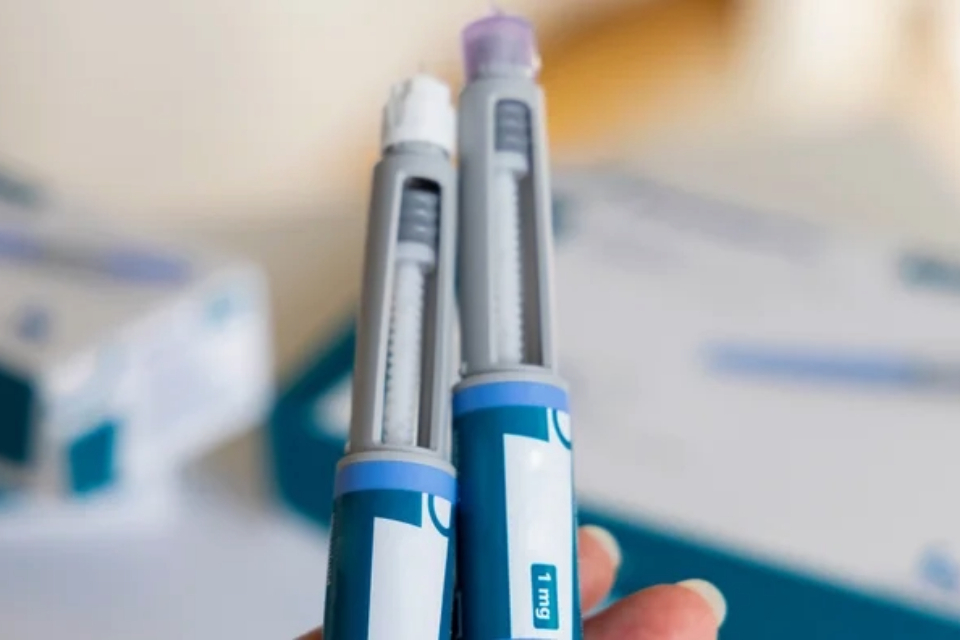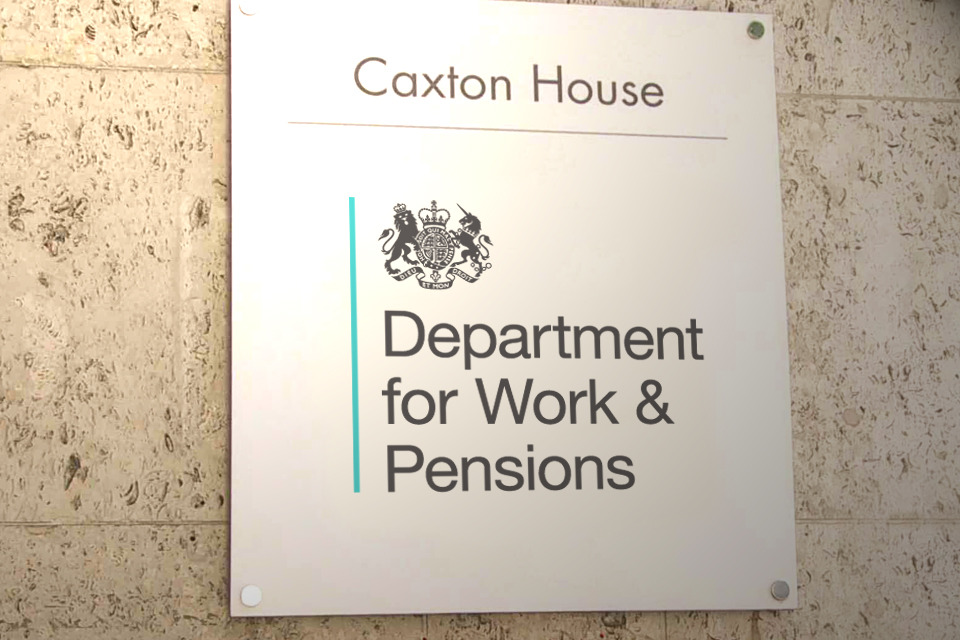A new Environment Agency research project has seen 22,914 rare and protected glass eels swap the River Severn for a new home in the Berkshire this month.
The eels were transferred in late April to nine locations on the Kennet chalk stream by Environment Agency fisheries specialists, initiating a research project that will monitor their development.
Peter Gray, Environment Agency fisheries team leader, said
We are working hard to address the many struggles that eels face and are taking action to safeguard this critically endangered species.
Over the coming months and years, we will closely monitor the released eels to see how they are surviving and growing. Eventually we want to discover whether this type of management produces more eels going out to sea to breed.
Eels are born in the Sargasso Sea in the North Atlantic Ocean. From there, they float in their larval form on ocean currents towards Europe – journeying more than 3,000 miles for up to 2 years. Once they reach the coast, they turn into transparent glass eels up to 8cm long and then elvers, up to 12cm in length, swimming upstream into rivers. Here they live for around 6-10 years as juveniles/sub-adult yellow eels, before swimming downstream and eventually returning to the Sargasso Sea as mature adults to breed -silver eels.
In the 1980s, populations of the once-common eel started to decline all around Europe; the reasons for this are unclear but may be due to over-fishing, habitat loss and fragmentation, parasites or climate change. The numbers of new, young eels arriving at our shores are now a tiny percentage of those that arrived in the 1960s and 1970s.
Through the Environment Agency’s fisheries management programs, fish stocks are increasing to provide even more opportunities for South East anglers. Without the income from rod licences this vital work would not be possible.
Any angler aged 13 or over, fishing on a river, canal or still water needs a licence to fish. A one-day licence costs from just £7.10, and an annual licence currently costs from just £35.80. Concessions available. Junior licences are free for 13 – 16-year-olds.
Licences are available from www.gov.uk/get-a-fishing-licence or by calling the Environment Agency on 0344 800 5386 between 8am and 6pm, Monday to Friday.
The Environment Agency carries out enforcement work all-year-round and is supported by partners, including the police and the Angling Trust. Fisheries enforcement work is intelligence-led, targeting known hot-spots and where illegal fishing is reported.
The close season for coarse fishing came into effect on 15 March and runs until 15 June inclusive to prevent fishing for coarse fish in rivers and streams across England, helping to protect fish when they are spawning and supporting vulnerable stocks.
Throughout the close season, Environment Agency officers conduct patrols to ensure anglers respect the no fishing period. Notices have been displayed in key fishing areas across the South East reminding anglers of the law.
Anyone with information about suspected illegal fishing activities can contact the Environment Agency 24-hour incident hotline on 0800 807060 or anonymously to Crimestoppers on 0800 555 111.
Journalists only 0800 141 2743 or [email protected].





